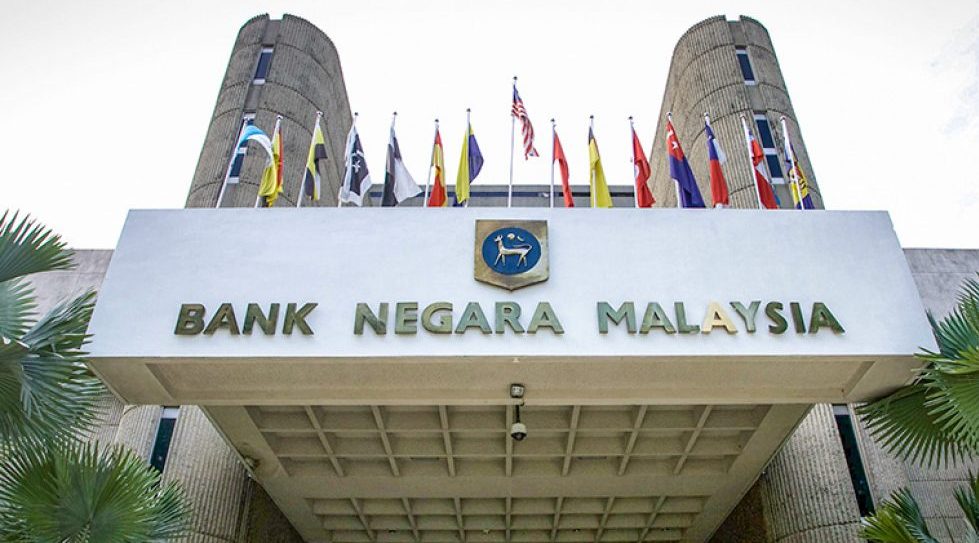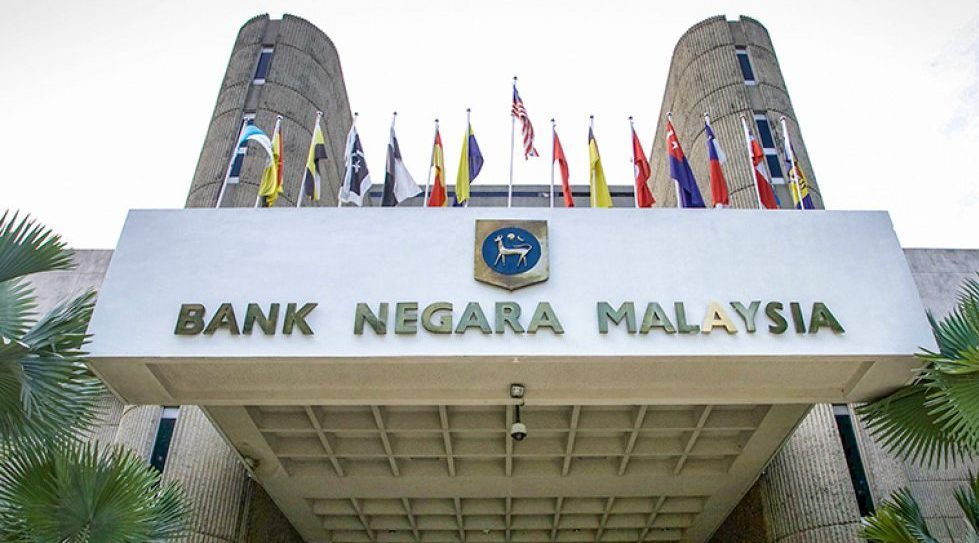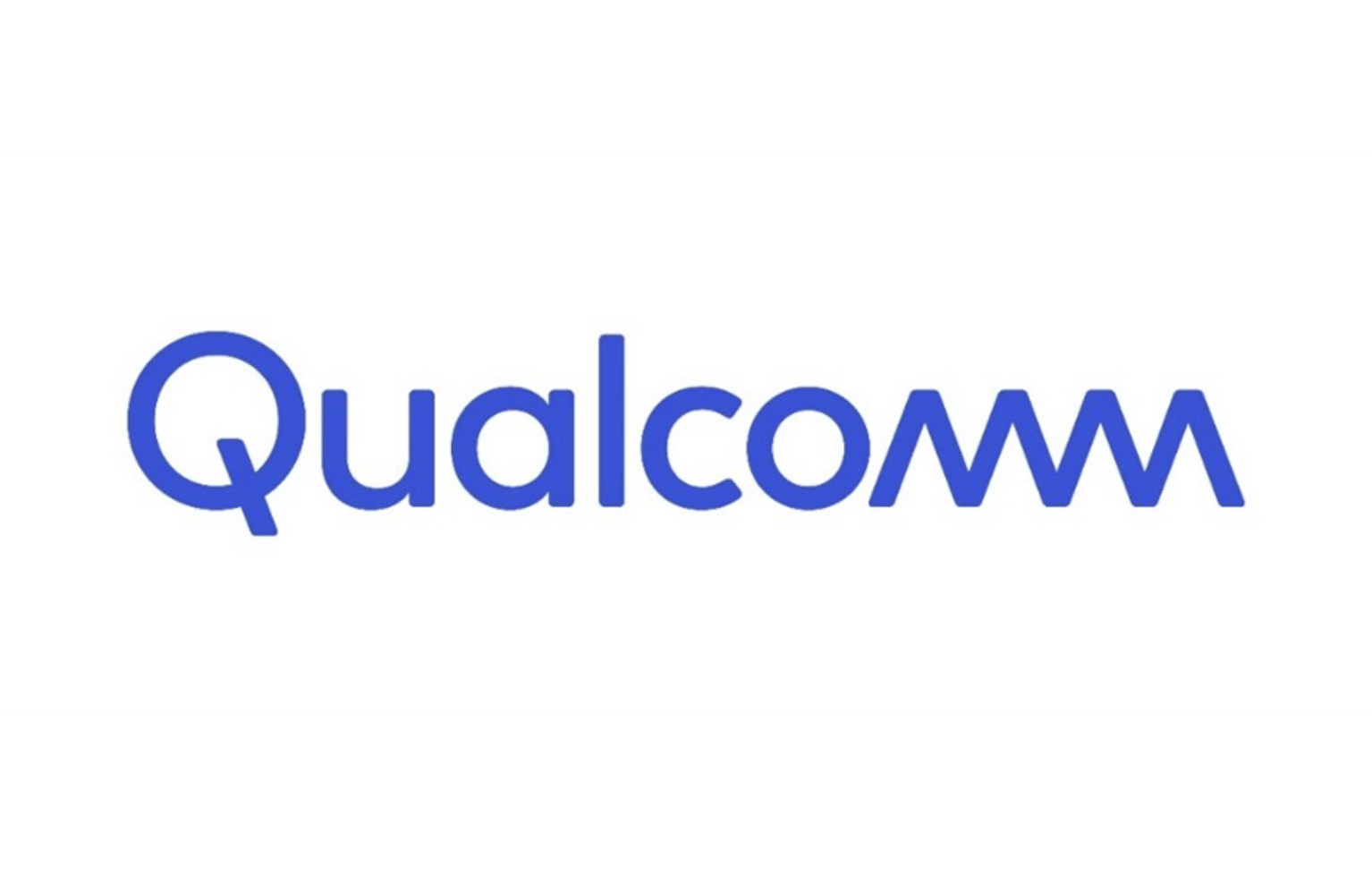Malaysia to issue up to five digital banking licences by Q1 next year
Visual from Bank Negara website
By Yimie Yong
March 31, 2021
The Malaysian central bank may issue up to five licences for digital banks by the first quarter of 2022.
Bank Negara Malaysia (BNM) said it will adopt a proportionate regulatory framework as well as ask digital banks to observe limits on aggregate asset exposures during the initial years of their operations. These measures are intended to reduce barriers to entry while allowing the bank to observe attendant risks, the central bank said in its annual report 2020 published on Wednesday.
“Successful applicants must demonstrate a strong value proposition focused on the unserved and underserved segments and the ability to meet regulatory requirements to safeguard the stability of the financial system,” the central bank said.
The licensing of new players with innovative business models is expected to serve the economy and contribute to the well-being of Malaysians, the central bank said.
The central bank has issued the Policy Document on Licensing Framework for Digital Banks on December 31, 2020. With the publication of the document, it has begun accepting licence applications until June 30, 2021, according to its annual report.
Digital players
Malaysia’s move comes at a time when regulators across Asia are opening up the banking industry to digital players, encouraged by higher smartphone penetration and better internet connections.
Central banks and consumers also hope that digital banks, helped by advanced technology, could promote innovation and bring financial inclusion to underserved segments. In Malaysia, apart from e-wallet operators, tech companies and financial institutions, diversified conglomerate Sunway Group and property developer Paramount Corporation Bhd, were said to be interested in applying for the digital banking licenses.
Ride-hailing and digital payments group Grab, budget airline AirAsia, telco Axiata, gaming company Razer, telecom and tech firm Green Packet Bhd, lenders including CIMB Group, Affin Bank Bhd, Hong Leong Bank Bhd, AMMB Holdings Bhd and Standard Chartered Bank Malaysia Bhd, are reportedly among the companies in the race.
Meanwhile, in its latest annual report, the central bank noted that following the pandemic, there was an accelerated shift towards online financial services. “In 2020, online banking transactions grew by 49% while e-wallet transactions increased by 131% compared with the same period last year.”

Bring stories like this into your inbox every day.
Sign up for our newsletter – The Daily Brief
Related Stories
Lower entry barriers, decent profit margins and the untapped market segments are seen to attract interest.
V Capital has also become Cross River Bank’s strategic partner in the Southeast Asia region.
The company plans to place its application in the second or third quarter, said Mohd Khairil Abdullah.
The Monetary Authority of Singapore is expected to announce the licensees in mid 2020.










